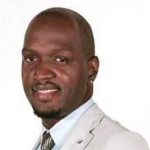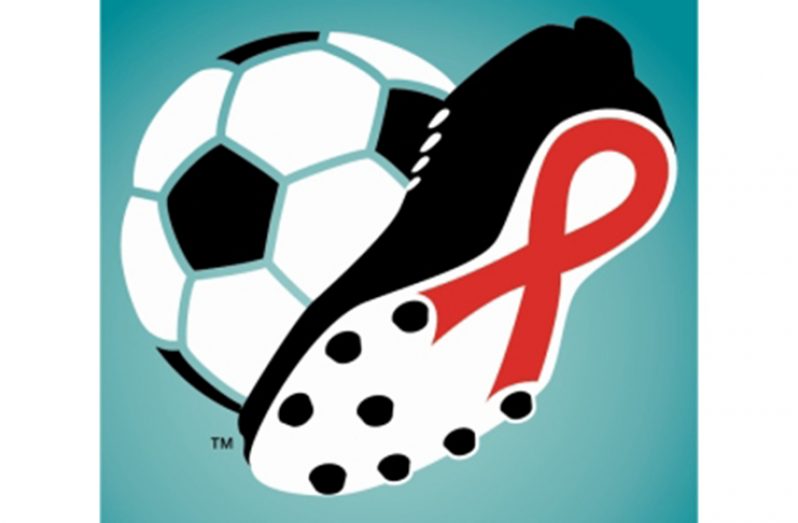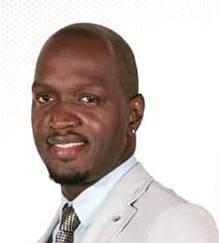A HEALTHY lifestyle and discipline are cited by this former junior National football player, for allowing him to compete as a normal athlete living with human immunodeficiency virus (HIV) since he was almost 18 years old.
On October 2, 2017, Chronicle Sport told the story of a then 21-year-old player, named ‘John’ to protect his identity, who at the time, wanted to find a way to break the news to his teammates at a popular football club in the ‘city’, of his positive status, but had feared discrimination.
Drugged and raped repeatedly as a 17-year-old after being invited by some friends to a party, John, who even represented Guyana twice at the Inter-Guiana Games, after finding out that he was infected with the dreadful virus, slowly, but surely adjusted to his different life.
“Nothing much has changed from then to now. There were times when I was weak, feeling down and not able to play the game as I used too, but I am disciplined. My mother, who has been my rock, ensured that I ate the right things, rest well, and have a prescribed amount of exercise outside of my regular play,” John said.
He added, “My life has always been about school and football, nothing else. I didn’t grow up socialising much and that has changed. Football is still what I use to escape the noise. I’m human, and there are things that I want to do as a young man, but I am disciplined enough to tell myself that I can’t; that my life is not as normal, and that I need to take extra care of myself.”
Decreased (LDL) cholesterol and triglycerides, increased good (HDL) cholesterol as well as reduced stress are just some of the benefits of exercise.
“I think what we have now going on is a bunch of young people being infected, and most of them either living recklessly or just letting themselves go. I would like them to understand that exercise is important. It can’t stop HIV, but it helps in the side-effects of some of those drugs, especially tenofovir and lamivudine,” John noted.
Meanwhile, John also said that he learnt the hard way, about the risk of exercising while being HIV positive, telling Chronicle Sport that injuries will take longer to heal and weight loss could be rapid if you work out excessively.
“I’ll admit that as much as I read a lot, sometimes, your body fools you because when the drugs kick in and you feel strong, you would push your body, but sometimes, my body would tell me to slow down. I’m aware that soon, I might even have to stop playing football, or look to play more street football, because I might feel strong, but physically I will not be able to play more than 45, or even 50 minutes,” John noted.
When John’s story was first published, it was done on the back-drop of his wanting to come out to tell his teammates and more friends about his status, but back then, he stated that football, especially in Guyana, is unwelcoming to people like him, especially if people got hold of how he was infected with the virus.
A year later, John said that he was able to make some headway with his discloser, since “my coach knows. I had a talk with him, because soon, I will have limitations and he has to know what he could push me to do and not do. He’s a great person, he hugged me and told me he has my back.
My mother was there with me and I must say I’m impressed with how he handled it. I think what should happen now is more coaches in sports, not just football, be educated on how to deal with people like me because if you look around, more and more young people are being infected. I see them at clinic and I’m shocked.”
There has never been a player in Guyana who came out publicly or even hinted to his teammates that he’s HIV positive, but, there have been cases of highly speculated instances of players who died as a result of contracting the virus.
Reports are prevalent from outside of Guyana, where players lose their professional contract after being tested positive, as is the case of Cameroon international Samuel Nled who, just days after signing his contract, was released by his club after his HIV results returned positive.
When John first spoke with Chronicle Sport, the University of Guyana student was adamant that “there’s no education for sportsmen and women in Guyana about a lot of things, and HIV happens to be one of them. I know, in football, locally, there are no medicals done on our players, clubs and the federation here doesn’t pay any interest in that part of the game.”




.jpg)









